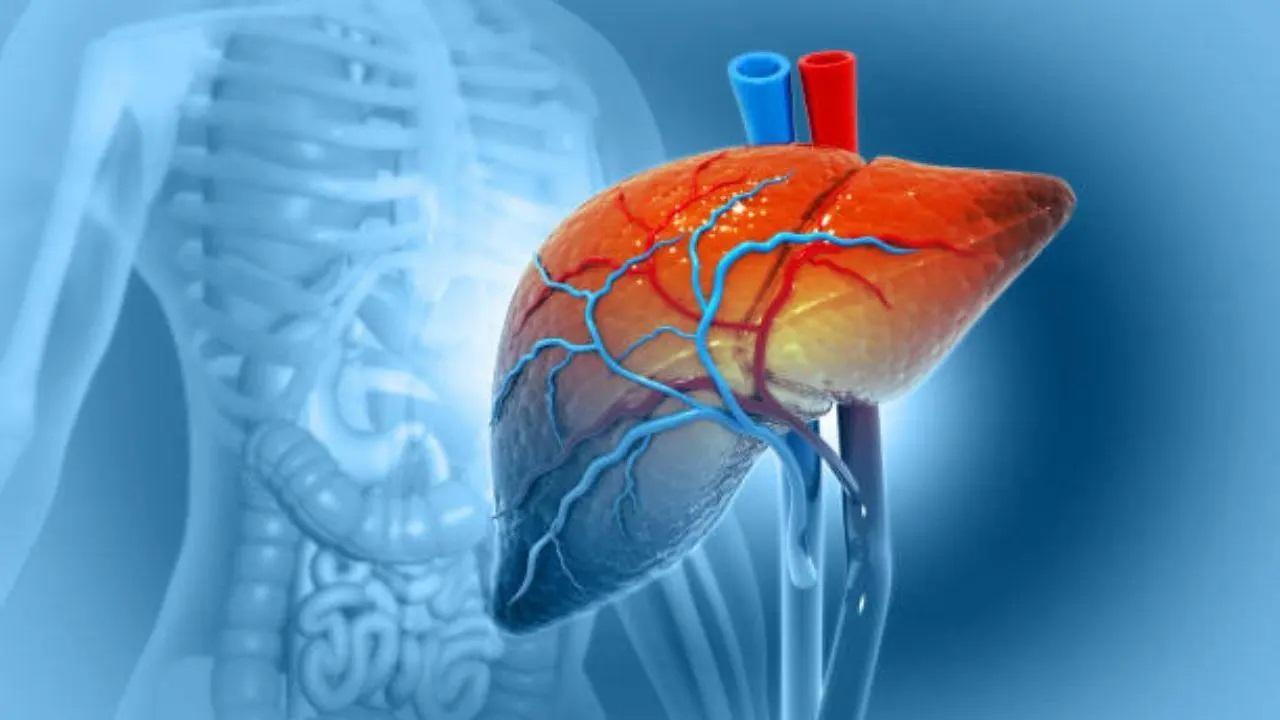Liver cancer is currently the fourth biggest cause of cancer deaths in the region, and the second most common cause of cancer deaths among men

Image for representational purpose only. Photo Courtesy: istock
In an effort to address increasing deaths from liver cancer in Southeast Asia, which are projected to double by 2050 to over 200,000 deaths annually, the World Health Organization (WHO) on Saturday called on the countries in the region to urgently scale up efforts to provide universal access to prevention, vaccination, diagnosis, and treatment of viral hepatitis B and C.
ADVERTISEMENT
Liver cancer is currently the fourth biggest cause of cancer deaths in the region, and the second most common cause of cancer deaths among men.
Saima Wazed, Regional Director, WHO Southeast Asia, said on World Hepatitis Day that we have the knowledge and tools to prevent, diagnose and treat viral hepatitis, yet people with chronic hepatitis B and C are still waiting to access the services they need.
“We need to accelerate efforts to deliver equitable services closer to communities, at the primary health care level,” she noted.
Almost 75 per cent of liver cirrhosis is due to hepatitis B and C infection.
In 2022, the Southeast Asia region accounted for 70.5 million people living with viral hepatitis B and C.
According to the WHO, early testing and treatment can cure hepatitis C and prevent hepatitis B from causing liver cirrhosis and cancer and can help reverse the predictions that liver cancer rates in the southeastern Asia region are set to double by 2050 to over 200,000 deaths annually.
Worldwide, hepatitis B and C combined cause 3,500 deaths per day, with 6,000 people newly infected with viral hepatitis each day.
On the global level, an estimated 254 million people are living with hepatitis B and 50 million people are living with hepatitis C.
Wazed said there are safe and effective vaccines that can prevent hepatitis B infection.
Also, antiviral drugs are highly effective in controlling and preventing disease progression, managing chronic hepatitis B and curing most cases of hepatitis C.
“More needs to be done for these life-saving interventions to benefit each person, irrespective of who they are and where they live,” Wazed noted.
According to the world health body, testing and treatment must be accessible within the community delivered by primary health care facilities and general practitioners, close to where people live and work, and included as part of universal health coverage.
“Accelerated coverage of testing and treatment of hepatitis B and hepatitis C will reduce development of liver cirrhosis and cancer, and ultimately, death,” Wazed said.
This story has been sourced from a third party syndicated feed, agencies. Mid-day accepts no responsibility or liability for its dependability, trustworthiness, reliability and data of the text. Mid-day management/mid-day.com reserves the sole right to alter, delete or remove (without notice) the content in its absolute discretion for any reason whatsoever.
 Subscribe today by clicking the link and stay updated with the latest news!" Click here!
Subscribe today by clicking the link and stay updated with the latest news!" Click here!







